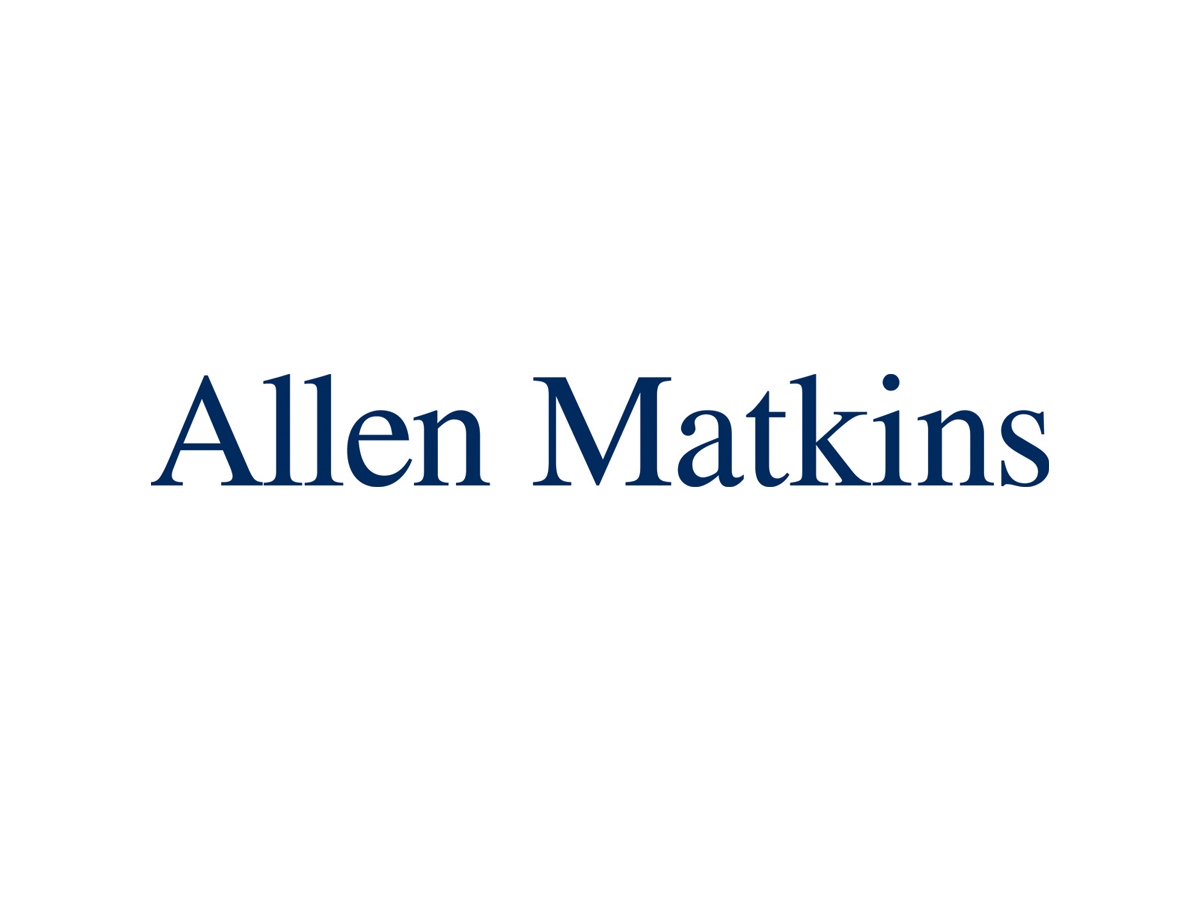Significant Changes Proposed to the Delaware General Corporations Act – Shareholders

The Delaware State Bar Association made recommendations to the Delaware General Assembly for several amendments to the Delaware General Corporations Act (“DGCL”) regarding the following topics (among others):1
- Executive exoneration – the proposed amendments would allow corporations to include a provision in their certificates of incorporation exonerating certain high-level officers from liability for certain breaches of fiduciary duty.
- Issuances of shares – the proposed amendments would align certain provisions of the DGCL relating to issuances of shares with the corresponding provisions relating to grants of options, in particular with regard to the delegation of authority.
- Conversions – the proposed changes would reduce the vote required to approve the conversion of a Delaware corporation to another type of entity.
- Domestication – the proposed amendments would simplify the domestication of non-US entities in Delaware.
- Appraisal rights – the proposed amendments would allow beneficial owners of shares to directly exercise appraisal rights and would extend appraisal rights to conversion transactions, subject to the “exit market” exception.
I. Proposed Changes
Exoneration of corporate officers
Section 102(b)(7) of the DGCL currently allows a company’s certificate of incorporation to include a provision that eliminates or limits a director’s personal liability to the company or its shareholders for pecuniary damages for breach of duty of care, subject to certain limitations. Historically, this protection has not been extended to officers, leading to circumstances in which claims based on the same facts have been dismissed against directors and upheld against officers or dismissed against a person in their capacity as administrator, but maintained as the same individual as an officer.
The proposed amendments would correct this imbalance by allowing a corporation’s certificate of incorporation to extend this protection to certain specified officers, namely the president, chief executive officer, chief operating officer, chief financial officer, Chief Legal Officer, Comptroller, Treasurer or Chief Accounting Officer. , any “designated officer” identified in the company’s public filings with the SEC, and any other person who has consented to service of process under Delaware’s long arm law.
As is the case with the exoneration of directors, an exoneration provision covering these officers should be included in the corporation’s certificate of incorporation. The proposed amendments also include some of the same limits on exculpation that currently apply to directors, that’s to say they would not exonerate directors or officers from liability for breach of duty of loyalty or for any act or omission in bad faith or involving willful misconduct or knowing violation of the law, among others. Notably, however, the Proposed Amendments would not permit a corporation to exculpate its officers with respect to claims brought by the corporation itself or derivative claims brought on behalf of the corporation.
Delegation of power for share issues
The DGCL currently requires the board of directors to set the terms of options or rights to purchase shares. The proposed amendments would amend sections 152, 153 and 157 of the DGCL to allow the board (or a duly authorized committee) to delegate its power to issue or sell shares, options and/or rights to a person or to an organization as long as the board (or committee) passes a resolution stating the following:
- the maximum number of shares, options or rights that may be issued or transferred under the delegation of authority,
- the period during which the issues or sales may take place, and
- the minimum consideration to be received for these issues and sales.
In addition, the board (or committee) resolution must not allow the delegated person or entity to issue shares, options or rights to themselves. In particular, the proposed amendments would leave in place the provisions of the DGCL which allow the consideration to be paid to be determined on the basis of a formula provided for in the resolutions, such as the market price of the shares at the time of the issue or sale.
Conversion of Delaware corporations
Article 266 of the DGCL governs the transformation of a national company into another entity. Currently, unanimous shareholder approval (voting and non-voting) is required for such a conversion. The proposed amendments would provide that a conversion may be approved by holders of a majority of the outstanding shares entitled to vote on the conversion. In the case of a corporation converted into a partnership with one or more general partners, such conversion would also require the approval of each shareholder who will become a general partner of that partnership. The Proposed Amendments would also amend Section 262 of the DGCL to provide shareholders with appraisal rights in connection with such conversions, unless appraisal rights are denied under the “market exit” exception. set forth in amended section 262(b). The market exit exception provides that a shareholder does not have appraisal rights if he receives shares instead of cash for his shares.
Domestication of non-US entities
Section 388 of the DGCL governs the process by which a non-US entity can domesticate as a Delaware corporation. Corporate transactions such as mergers, charter amendments, and stock issuances often occur as part of domestications. The proposed amendments are intended to clarify whether board and shareholder approval of predominance satisfies the DGCL requirements for approval of such transactions by the Delaware corporation.
The proposed amendments would allow a non-U.S. entity to adopt a domestication plan setting out the terms and conditions of domestication, including how to exchange or convert the non-U.S. entity’s interests for or into shares of the company. of Delaware. A domestication plan could also set out the corporate actions to be taken by the domesticated company as part of the domestication, each of which must be approved before the domestication takes effect in accordance with the requirements of any non-domesticated laws. US applicable. Once approved, any corporate action contemplated in the domestication plan that is within the power of a Delaware corporation would be deemed authorized, approved, and adopted by the domesticated corporation and its board of directors, shareholders, or members, and would not require any further action.
Assessment rights
Article 262 of the DGCL governs expert rights. Currently, only registered shareholders can request an appraisal. The proposed amendments would allow beneficial owners to request an assessment on their own behalf, rather than requiring the record holder to make the initial request on behalf of the beneficial owner. Under the proposed amendments, in order to directly enforce valuation rights, the beneficial owner must retain beneficial ownership of the shares at all times and must provide documentary evidence of such ownership.
II. Conclusion
The proposed amendments would make significant changes to the DGCL. Companies are encouraged to consider any potential impact on their corporate documents, as well as any pending or contemplated transactions, and discuss them with attorneys as appropriate. If adopted and enacted, the amendments would generally become effective on August 1, 2022, with the exception of amendments relating to appraisal rights, conversions and domestications, which would only take effect for transactions giving rise to appraisal rights, conversions or domestications, as the case may be, concluded on or after August 1, 2022 or if the required authorization is adopted on or after August 1, 2022.
Footnote
1. The text of the proposed amendments can be viewed here.
To subscribe to Cahill publications, click here
The content of this article is intended to provide a general guide on the subject. Specialist advice should be sought regarding your particular situation.



